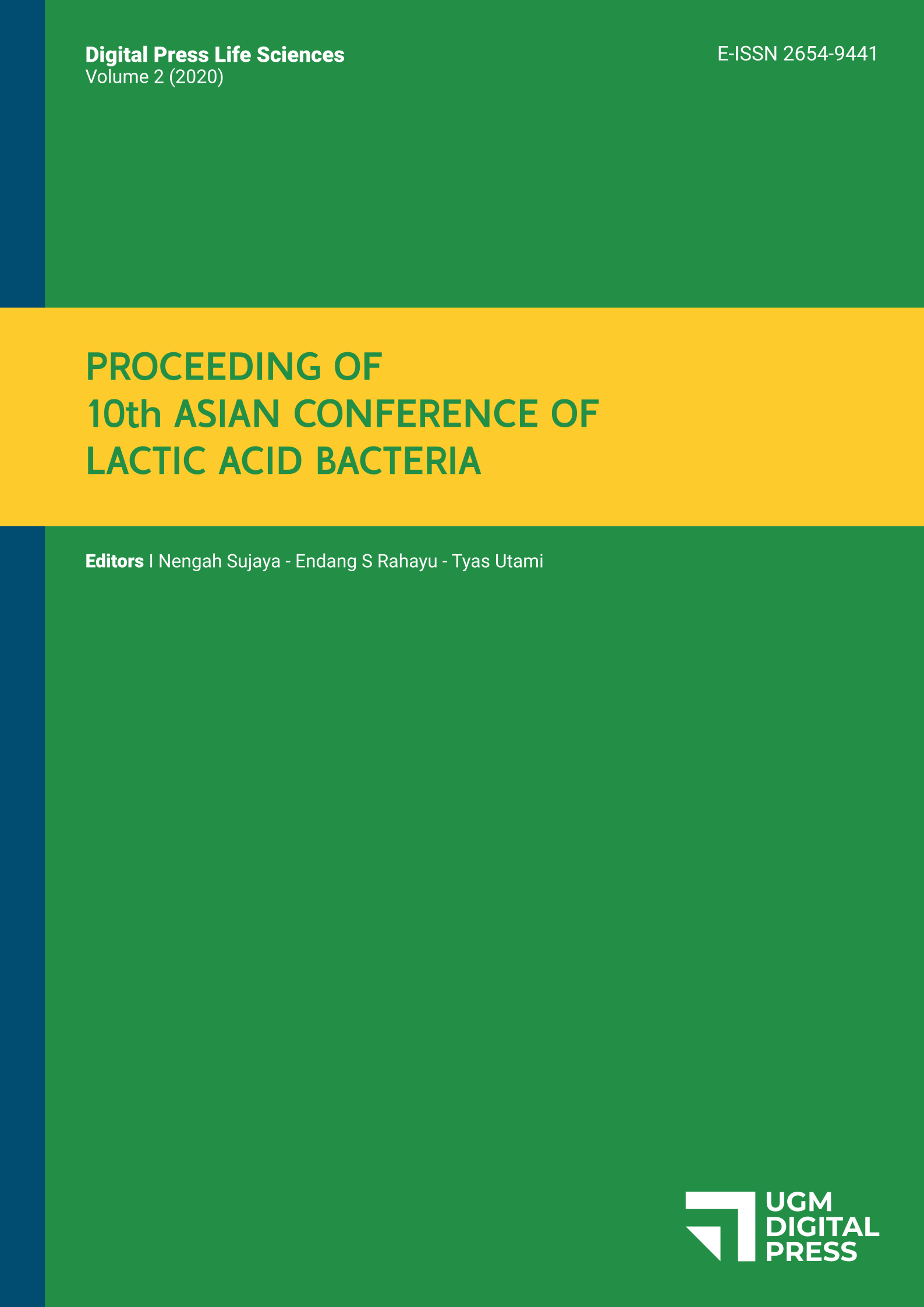Antioxidant Properties of Single Garlic (Allium sativum) Pickle
Prima Retno Wikandari*
, Lenny Yuanita
, Nuniek Herdyastuti
, Herman Joseph Bimo K
, Renita Eka Juniariani
, Farindya Dwi Cahyaningtyas
Department of Chemistry, Faculty of Mathematics and Natural Science, Universitas Negeri Surabaya, Surabaya, Indonesia
primaretno@unesa.ac.id
Abstract
Single garlic is a type of garlic that has a single clove, also known as single clove garlic, monobulb garlic or single bulb garlic. Traditionally, single garlic was used as medicinal based on its properties as antimicrobial, antiprotozoal, antimutagenic, antiplatelet, antihyperlipidemic and antioxidant. The Alliin substance was presumably as an antioxidant, but it was changed easily to unstable allicin caused by Alliinase enzyme activity which is increased when garlic was chopped, crushed or processed. The change of Alliin to allicin will reduce the antioxidant activity of single garlic. A treatment that reduces the Alliinase activity will retain the Alliin substance and the antioxidant capacity could be maintained. The fermentation process will give a low pH as the result of carbohydrate metabolism in a fermentation medium, and reduce the alliinase activity. The aims of this research were to evaluate the growth of Lactobacillus plantarum B1765 as a starter culture in single garlic, pH and the effect of fermentation time process (3, 6 and 9 days)to antioxidant activity on single garlic pickle. The growth of L.plantarum B1765 was measured as Total Lactic Acid Bacteria (LAB) by Total Plate Count (TPC) using the MRS medium, and antioxidant activity was determined using the 2,2-diphenyl-1-picrylhydrazyl (DPPH) scavenging methods, expressed as inhibition activity (%). Fermentation process along 9 days showed that L.plantarum B1765 growth on single garlic pickles for 1 log cycles from 106 CFU/mL to 107 CFU/mL, pH reduces from 5.6 to 4.4, closely related to increasing of TAT from 0.16 % to 0.28%. The fermentation process also showed an increase in the inhibition activity along the fermentation process from 10,67% to 11.17% and showed a higher inhibition than control (3.88%- 7.39%). Single pickled garlic can be potentially developed as natural antioxidant health food.
Keywords
pickle, single garlic, alliin, antioxidant
References
primaretno@unesa.ac.id

